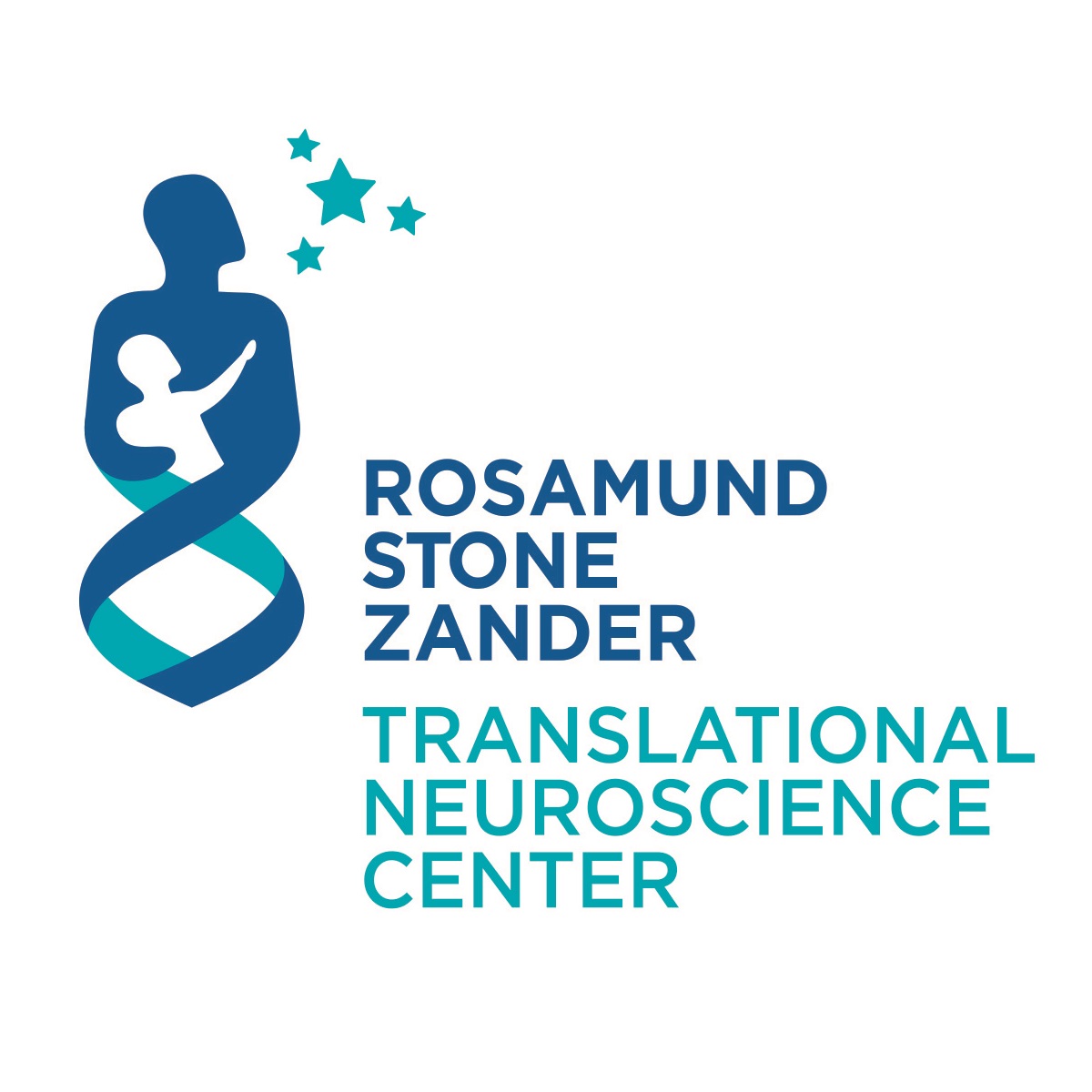News & Events
Center News

Results Published for a Randomized Controlled Trial of Everolimus for Neurocognitive Symptoms in PTEN Hamartoma Tumor Syndrome (PHTS)
Boston Children’s Hospital RSZ TNC serves as lead site in multi-site clinical trial of everolimus for PHTS
Currently, no effective therapies for individuals with PHTS exist to target neurocognitive and behavioral deficits, and effective interventions that target the core biologic alterations are crucial to optimize the short and long-term outcome of individuals affected with pathogenic variants in this gene. PTEN deficiency is an attractive target for treatment with mTOR inhibitors due to PTEN’s role through AKT to regulate specifically mTORC1, which is sensitive to rapamycin and analogs such as everolimus.
Initiated in 2017, the study was a 6-month phase II, randomized, double-blinded, placebo-controlled trial to examine the safety profile and efficacy of everolimus in individuals (5–45 years) with PHTS. Participant enrolling sites consisted of Stanford University, Cleveland Clinic, and Boston Children’s Hospital (the lead site) in collaboration with Cincinnati Children’s Hospital Medical Center as the data management center. Sponsors included NINDS/NIH, PTEN Research, and Novartis Pharmaceuticals. Despite challenges faced during COVID-19 pandemic, study teams surpassed enrollment goals and safely completed data collection by swift implementation of remote visit capabilities in combination with astounding resiliency exhibited by participant families to remain in the study. The final visit of this drug trial was conducted in Q1 2021.
Everolimus is well tolerated in PHTS and efficacy results suggest further investigation is needed
Adverse event profiles of this study revealed similar findings to previous studies, with the most common side effect being stomatitis (mouth sores). In evaluation of neurocognitive outcomes of everolimus in PHTS, no significant signal was achieved in the primary outcome, a composite of Stanford Binet-5 (SB-5) nonverbal working memory score, SB-5 verbal working memory, Conners’ Continuous Performance Test hit reaction time, and Purdue Pegboard Test score. However, multiple secondary efficacy endpoints displayed modest clinically significant improvement, specifically in social responsiveness, adaptive behavior, and global improvement. Included as an optional assessment, EEG findings point towards evidence of target engagement. While limited by a small sample size (typical of rare disease clinical drug trials) and reduction of assessments performed validly from the remote setting due to COVID-19, the study results are promising and warrant further investigation of everolimus in PHTS.
Check out the full publication in Human Molecular Genetics >
View this study’s ClinicalTrials.gov posting (NCT02991807) >


